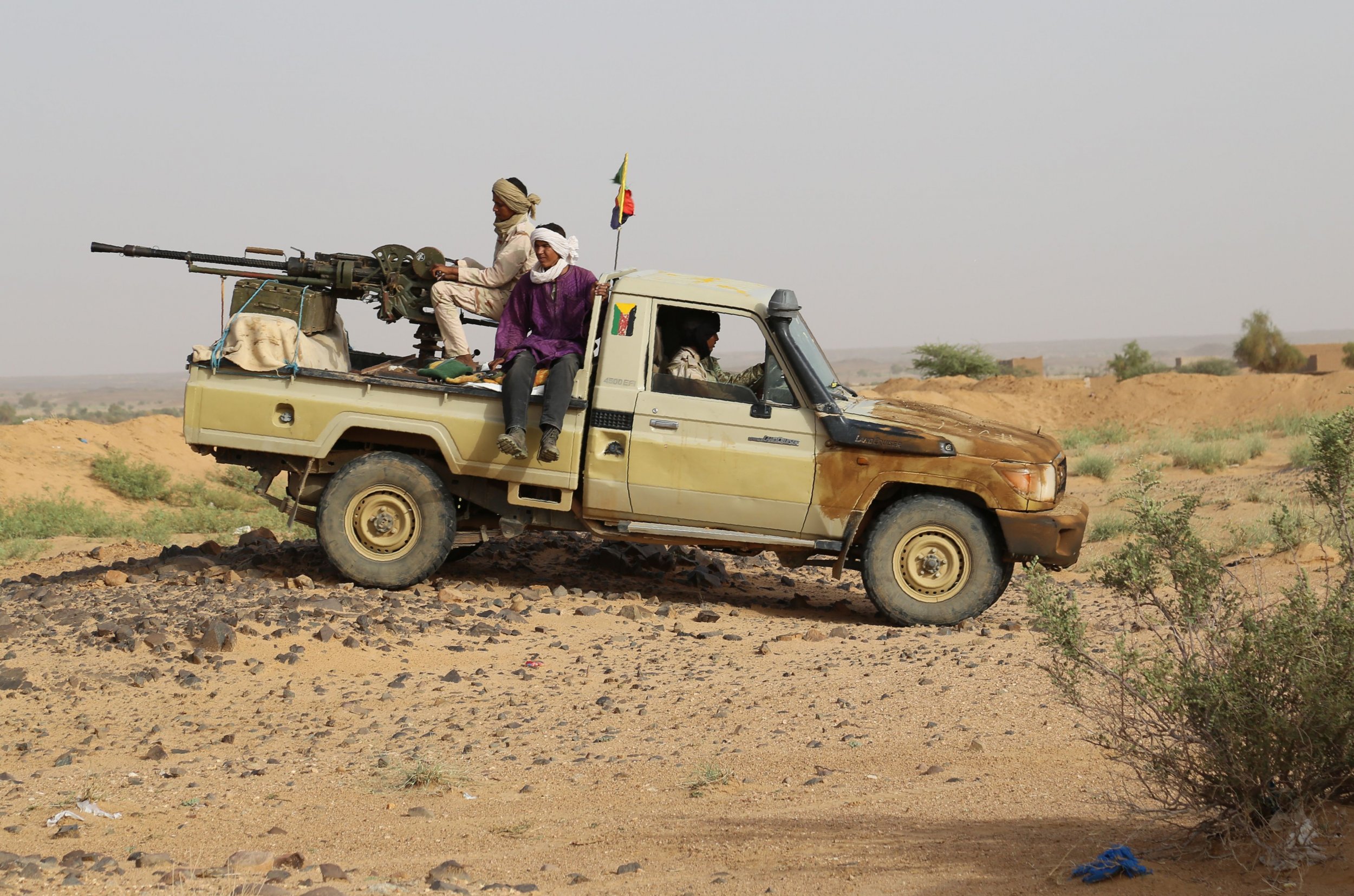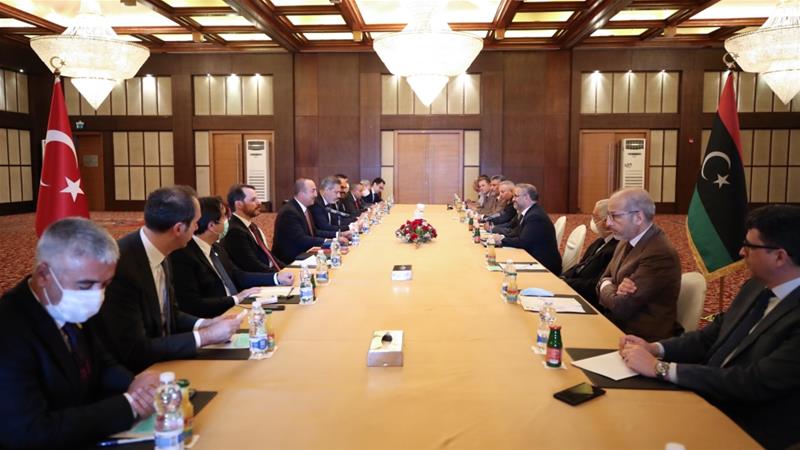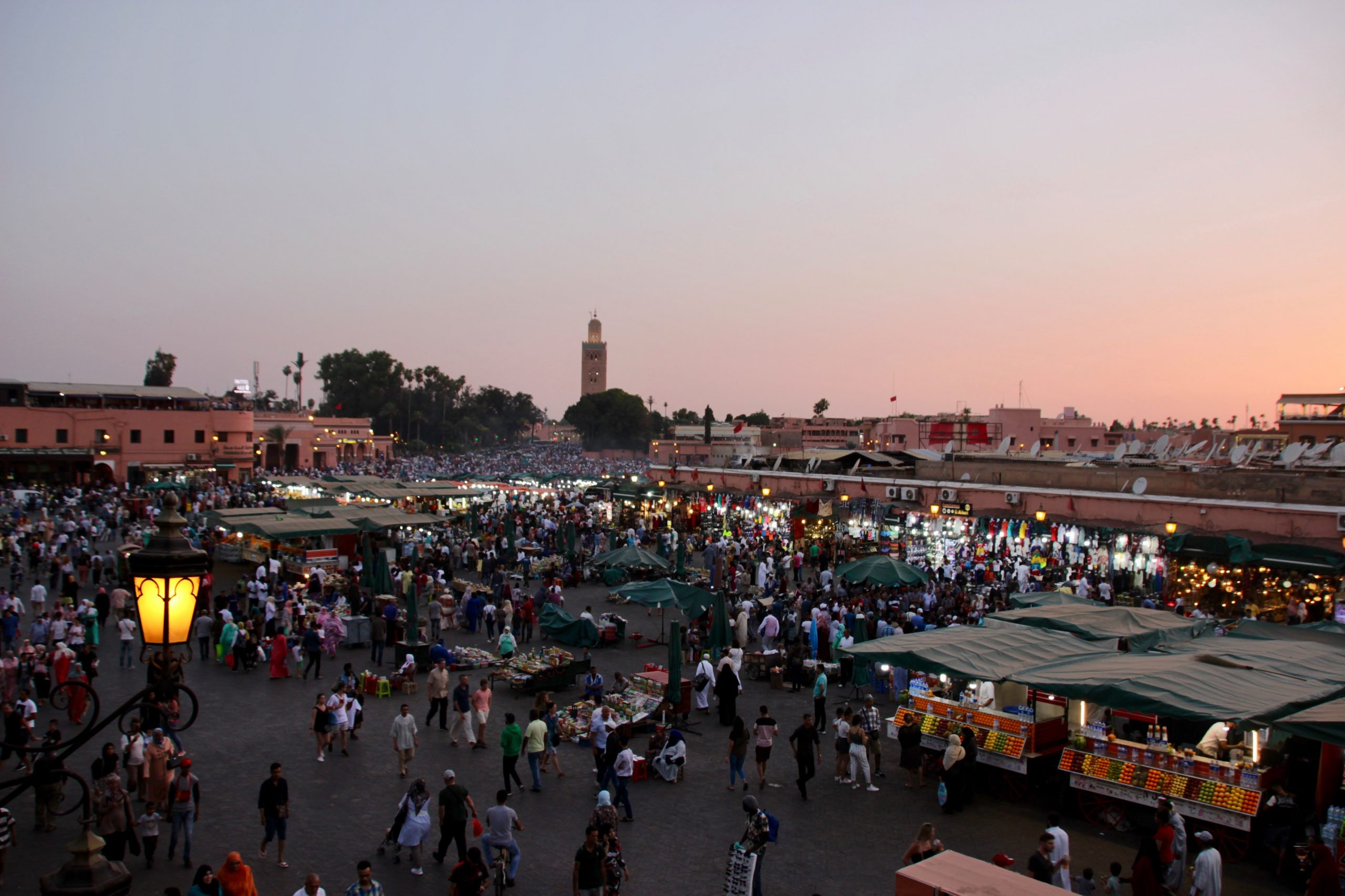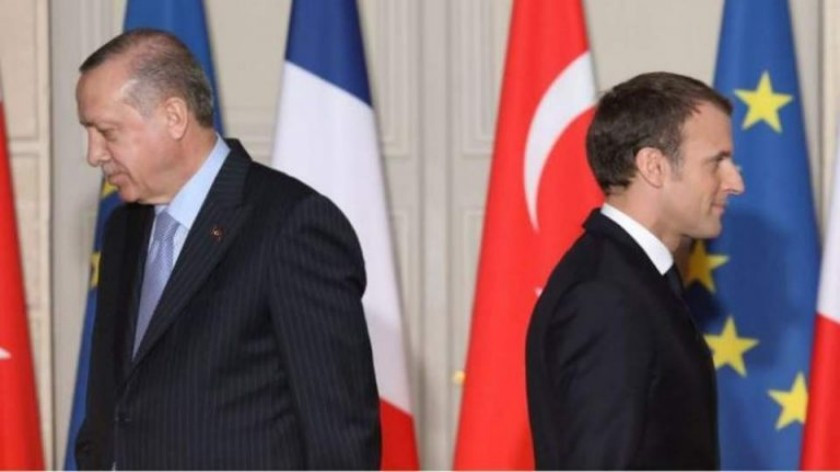A man protesting the Algerian government was shot to death in the country’s South as poverty and marginalization are escalating tensions. The village of Tin Zaouatine is home to roughly 4,100 and situated near the border with Mali and Niger in Algeria’s most southern province.
In the sweltering desert heat, protests had erupted when Algerian troops blocked access to the only local water source in the Saharan town, according to the North Africa Post. Why authorities took the drastic act is yet unknown but what is certain is the protests’ bloody aftermath.
The Algerian Defense Ministry denied that forces from the Algerian Army had shot the protester, instead blaming the tragic event on “unknown people targeting border guards.” ObservAlgerie reported that the Algerian government even disputes the location of the shooting, saying the death happened in the nearby Malian town of Ikhraben that borders Tin Zaouatine.
“These events relate to an attempt, carried out by smugglers and organized crime, aimed at deteriorating border security, by fueling violence among local inhabitants,” the Algerian defense ministry stated in a press release. From the language used, it appears the Algerian army is not necessarily denying it shot the man, but lies the blame at the feet of those organizing the protests.
Unrest at Algeria’s borders
The fact that local military forces used live ammunition against Algerian citizens protesting highlights the precarious state of Algeria’s southern border. Algeria’s southern neighbors, Niger and Mali, have both suffered tremendously from conflict in the Sahel that has pitched Berber tribes against government troops.
The borders between Algeria, Mali, and Niger are a remnant of colonialism and fail to take into account the shared culture of the local Berbers who have inhabited the region since antiquity. The wide variety of local Berber tribes are often classified as Tuareg, a definition that has helped awaken a sense of a national culture that supersedes national identity.
The unrest in the region has turned the Sahel into a haven for drug trafficking. Criminal networks are often better organized than the government forces intended to counter trafficking operations. The UN Office for Drugs and Crime (UNODC) estimates that illegal trade in the Sahel amounts to $3.8 billion every year.
External influence
The UN has made significant efforts to stabilize the region through peacekeeping missions and a UNODC agreement between Algeria, Burkina Faso, Chad, Mali, Morocco, Niger, which all have a significant Berber population and border the Sahel region. The World Bank has urged investment in local irrigation to increase agricultural output, but few concrete measures have materialized to improve local living conditions.
Other foreign actors have attempted to benefit from the local sense of insecurity. The UK-based Institute for Global Threats and Democracies Studies (IGTDS) in December, 2019 accused Turkish President Recep Tayyip Erdogan of interfering in the region following Turkey’s intervention in the Libyan conflict. Turkey is now courting the Libyan Tuaregs, who often featured in Muamar Ghaddafi’s internal power struggles, as part of Turkish “ambitions of dominating the MENA-region,” according to the IGTDS.
The Stockholm-based Nordic Research and Monitoring Network went one step further. The NGO called a meeting between Turkish officials and ten prominent Libyan Tuareg leaders an effort to “enlist” Tuareg forces. According to the organization’s website, the efforts intended to extend Turkish influence over vast swaths of the Sahara desert by aligning Turkey with local leaders.
With opposing interests and political differences between many countries in the Sahel region, the question remains whether neighboring countries can prioritize the well-being of their citizens in border regions. Halting drug trafficking in the region depends on government troops that are ill-equipped for the diplomatic conundrum of winning hearts and minds while combating trafficking-networks, one of the few remaining sources of income for the local population.





